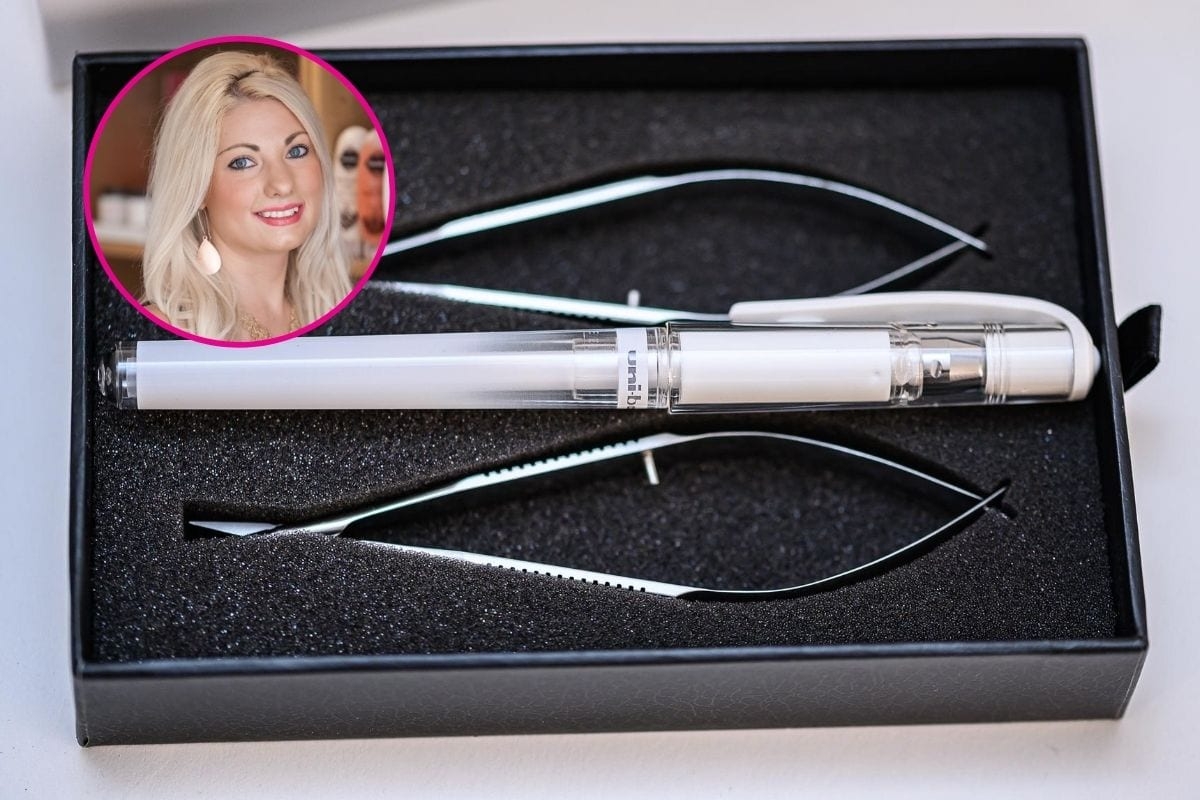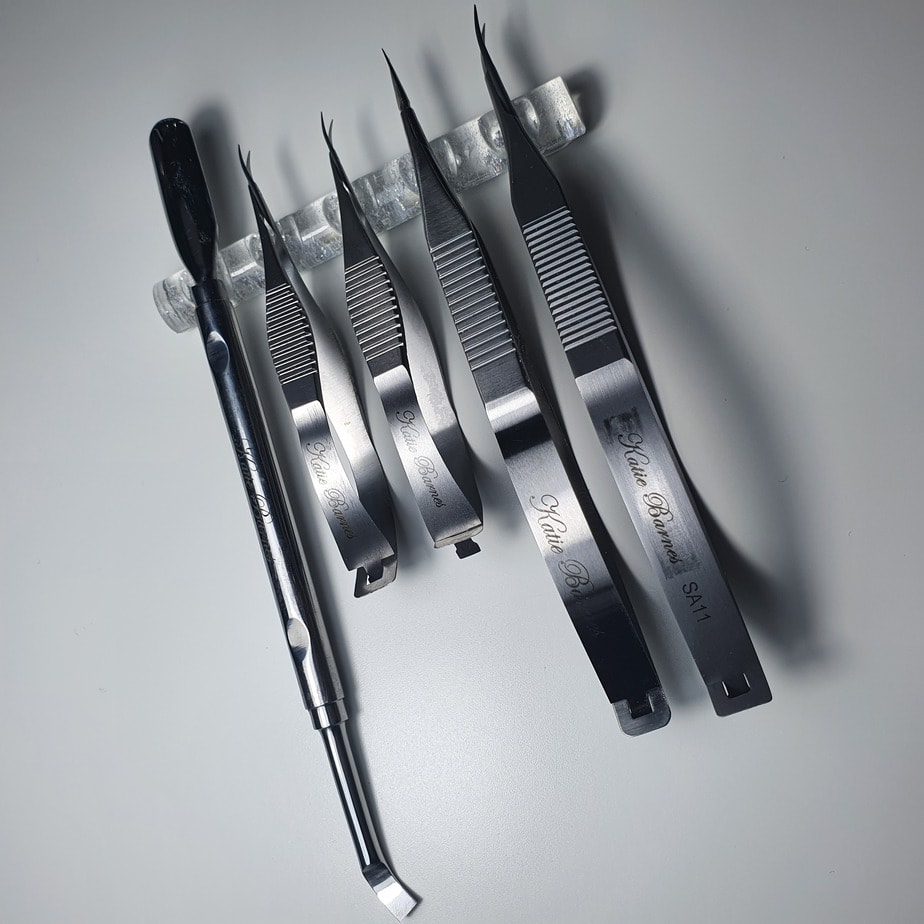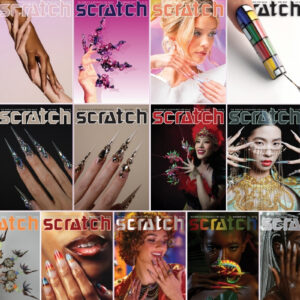
How to keep your nail tools in tip-top condition
By Katie Barnes | 01 September 2020 | Expert Advice, Feature

Scissors, nippers, cuticle pushers and other such nail tools will last longer and keep a sharp edge for longer if you take the appropriate level of care.
Sharp tools are safer and more efficient to use than blunt ones. When a tool is blunt or thick, additional force is required to achieve the same results. This adds unnecessary stress on the hands of the tech and can cause damage to the nails of the client and the surrounding skin.
Although each of us has a preference for how and what tools we use in our nail services, the essentials for tool care do not change:
Separate storage
Keep your tools in their protective box; a case or holder, when not in use. Never store scissors together or touching – each must go in their own compartment. Tips and blades should be carefully protected from damage using the protective plastic cap provided by your supplier. Never store them downwards or with tips or sharp edges resting on surfaces.
 Careful handling
Careful handling
Take care when putting tools down and during working. Consider a tool rest to keep your tools neatly stored during service. The tips and sharp edges of tools can damage easily if care is not taken. Once bent or the blades become damaged, these are often irreparable, making them dangerous to use. Take care when working with sharp implements and always follow HSE guidelines.
Avoid drops
If you drop your tools it is best practice to get them checked by a professional. Even a little damage can get much worse if you keep using them without checking. As well as damage to the tips or blade, the pivot or handles can become damaged or misaligned. A drop may mean they need a service and sharpen or it may make them redundant to use. Keeping the protective plastic cap on can help to prevent damage to the tips if accidentally dropped.
Take care when cleaning
If you are using a jar to disinfect your tools, you must protect the blade tips by placing something cushioned like a circle of cotton wool or make up sponge in the bottom of the jar. Always follow your tool supplier recommendations for cleaning, disinfecting and sterilising products. And more importantly, always follow manufacturer recommendations for using these cleaning products to prevent damage to your tools.
Keep them dry
Store your tools somewhere dry. Even the humidity from warm air can damage them, making them rust, discolour or pit. Ensure tools are thoroughly dried, including crevices after sanitising, disinfecting or sterilising to prevent rusting.
Only for intended use
Use the correct tools for their intended purpose as recommended by the company. Use different pairs of scissors for form tailoring & cuticle work as cutting paper will blunt blades. If you use your tools in a way not for their intended purpose it can shorten the life of the tools and may cause damage.
Do not share
Sharing is caring but not when it comes to scissors, brushes or tools! Sharing is often regretted. Even a small change in the way someone else holds and uses your tools can quickly shorten the life and make them feel like they never work the same again for you.
Practice safe cuticle prep
Never cut living tissue. Follow a tutorial and guide here.
Keep them maintained
There’s no such thing as a scissor or tool that will never need to be sharpened regardless of quality, cost or guarantees. All tools with sharp edges or blades must be sharpened when they get damaged, dull or are nicked. By nature of repetitive use, tools will blunt over time.
Let’s compare this to kitchen knives, including the most expensive and premium quality. They all require sharpening to keep them in optimum condition to guarantee the best results at all times. If you use a kitchen knife when it is blunt, it will result in more pressure to be required and cause tearing rather than a smooth cutting motion. The same principles can be applied to your nail tools.
The timeframe on this is dependent upon the amount of use, care, storage and any damage that may have occurred, however annually can be good practice.
Never sharpen professional scissors at home using any methods you may have read up on the internet. Seek a professional sharpener experienced with the tools you are using (they use different kinds of plates and machines for different tools!)
Take care of your tools and they will take care of you.
Love Katie B x

Read the latest issue








